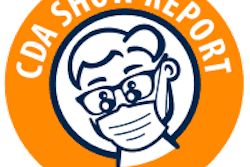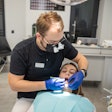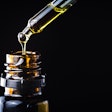Effective October 6, hydrocodone combination products are being reclassified by the U.S. Drug Enforcement Administration (DEA) and subjected to tighter restrictions.
These products, which include opioids such as Vicodin, Lorcet, Lortab, and Norco, will be reclassified as Schedule II substances, according to a final rule from the DEA. Previously under the less restrictive Schedule III, hydrocodone combination products contain hydrocodone and specified amounts of other substances such as acetaminophen or aspirin.
"Almost 7 million Americans abuse controlled-substance prescription medications, including opioid painkillers, resulting in more deaths from prescription drug overdoses than auto accidents," said DEA Administrator Michele Leonhart in a press release. "[This] action recognizes that these products are some of the most addictive and potentially dangerous prescription medications available."
Hydrocodone is the most frequently prescribed opioid in the U.S., according to the DEA. There were nearly 137 million prescriptions for hydrocodone combination products in 2013, the agency stated.
The Controlled Substances Act places substances with accepted medical uses into one of four schedules, according to the DEA. Schedule II contains such substances with the greatest potential for harm and abuse.
"With such a short implementation time before the new rule goes into effect, dentists will have to make sure they are properly credentialed to continue to prescribe these drugs as needed for their patients," Joseph Unger, DDS, vice chair of the ADA Council on Dental Practice, said in an ADA News article. "In the long run, it could mean higher office overhead."



















